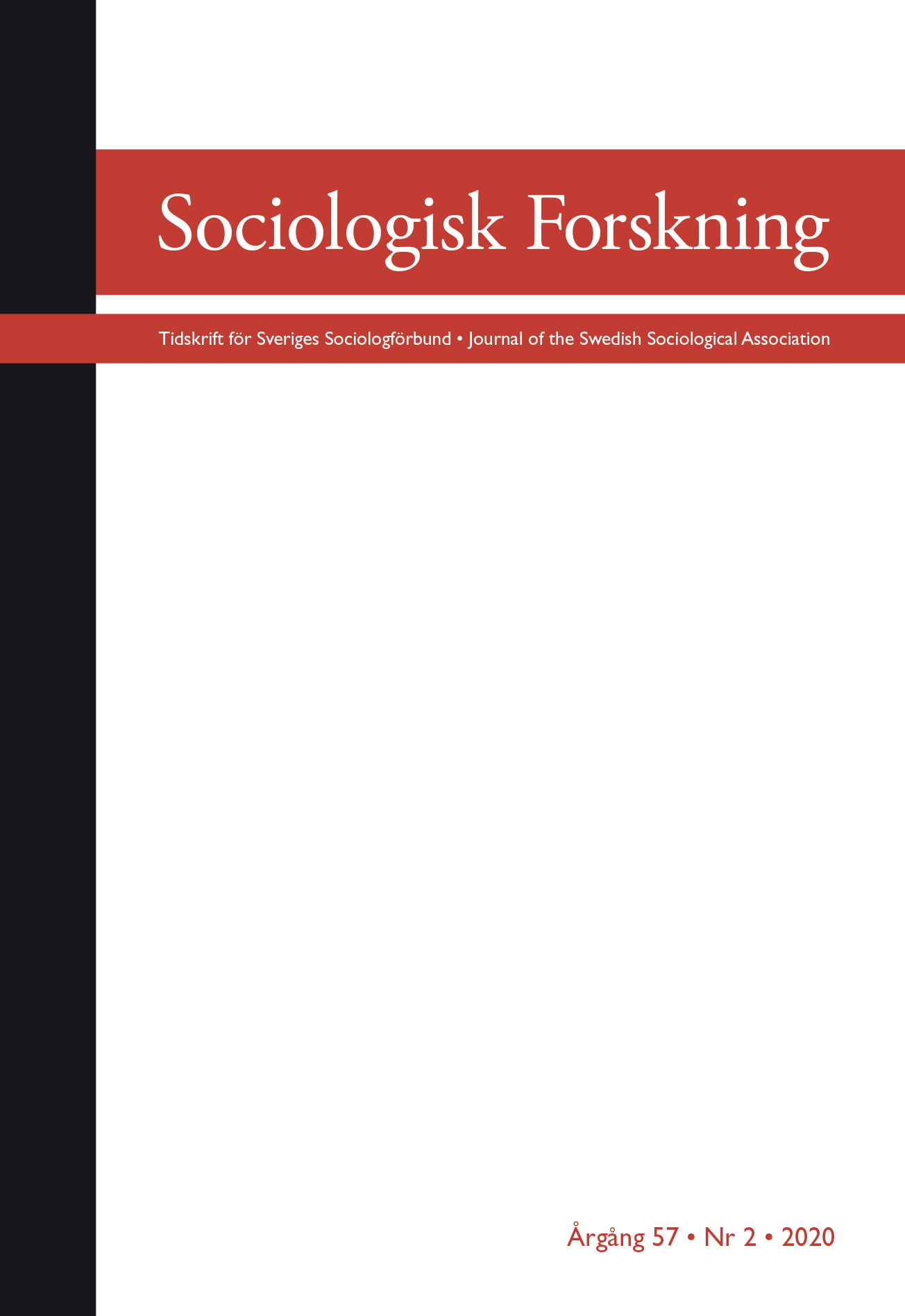Schack och social interaktion
Dag Østerberg, Johan Asplund och brädet
DOI:
https://doi.org/10.37062/sf.57.19586Nyckelord:
spel, lek, socialpsykologi, sociologi, tertius, teoriAbstract
What can a theory of chess learn from sociology? And what can sociology learn from chess? This article examines the contribution of Scandinavian sociologists Dag Østerberg and Johan Asplund on chess and sociology in order to better understand chess and, to some degree, the sociologies of Østerberg and Asplund. Developing the concept of tertius as a necessary third quasi actor mediating between ego and alter, the article also contributes to a general sociological theory of games. The game is analysed as a form of interaction where each player plays (i) with tertius against the opponent, and (ii) with the opponent against tertius. The article ends by arguing that tertius could be a valuable concept for sociological theory.
Downloads
Publicerad
Referera så här
Nummer
Sektion
Licens
Allt material i Sociologisk Forskning publiceras med omedelbar öppen tillgång (open access), under Creative Commons-licensen CC BY-NC-ND 4.0.
Allt innehåll i tidskriften är fritt tillgängligt utan kostnad och får för icke-kommersiella syften fritt läsas, laddas ned, kopieras, delas, skrivas ut och länkas. Innehållet får dock inte ändras. När innehållet används måste författare och källa anges. Upphovsrätten till innehållet tillhör respektive författare. Inga publiceringsavgifter tas ut.





